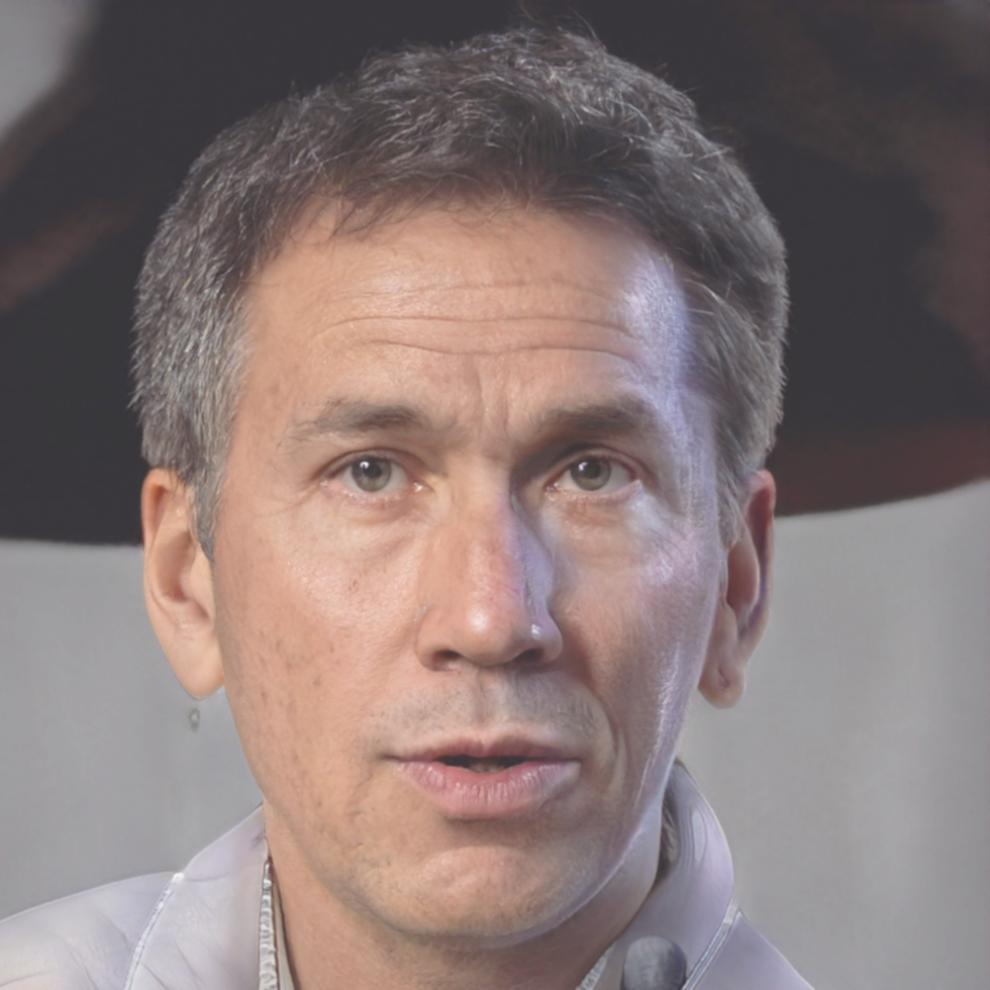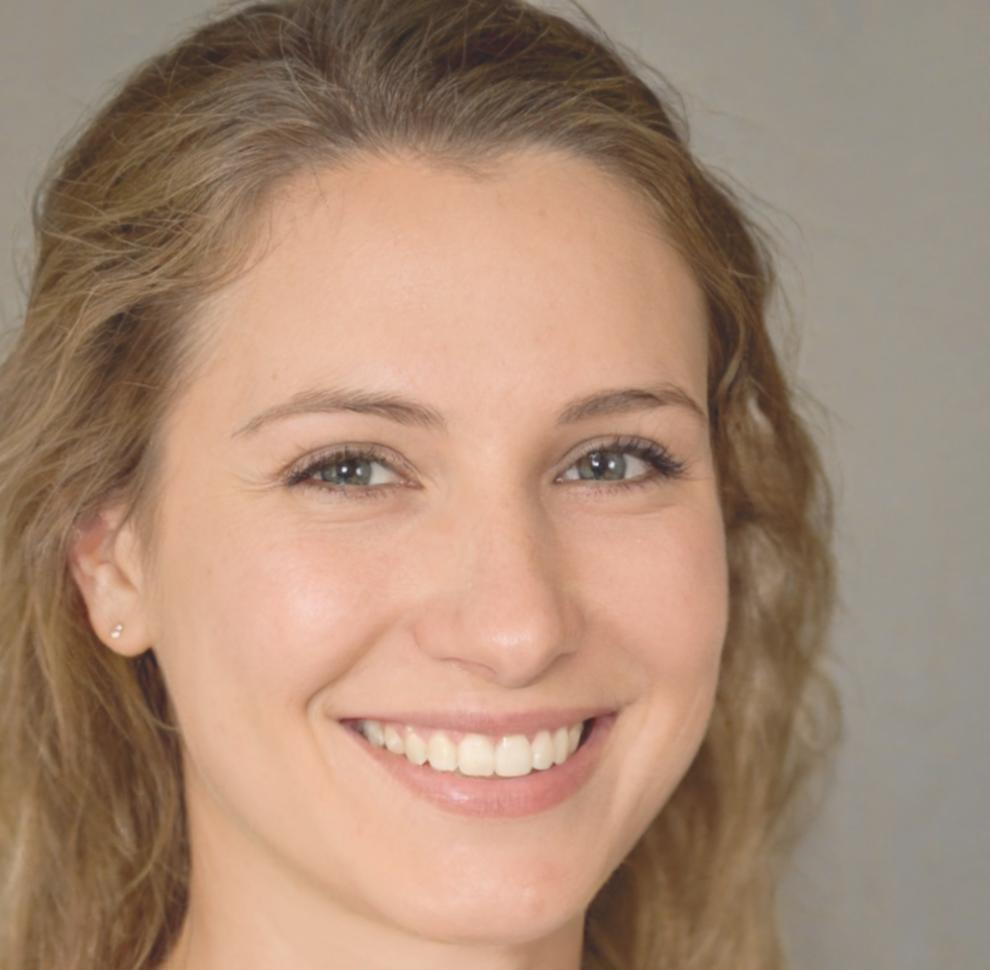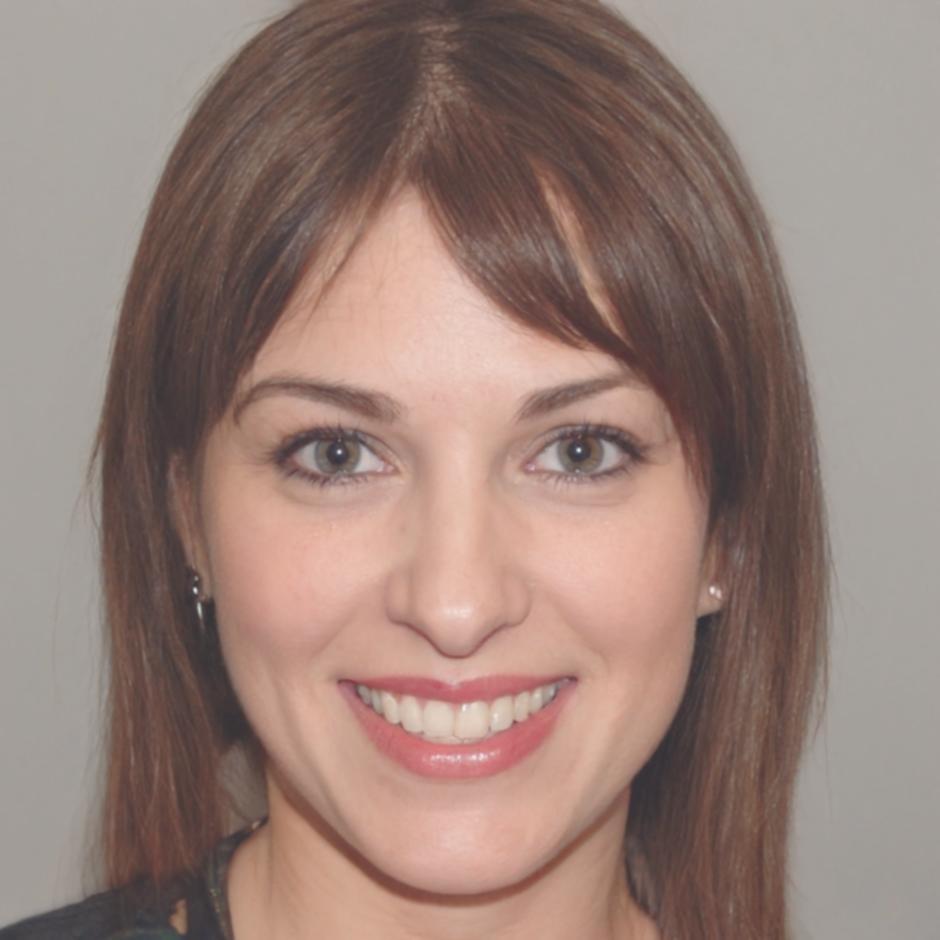Build Careers Through Physics Education
We're looking for people who understand that teaching game physics isn't about memorizing formulas. It's about helping students see how momentum transfers between objects in a collision, or why a ragdoll system behaves differently when you change the joint constraints.
Most of our instructors came from actual game development roles. They've debugged physics systems at 3am before a milestone. And that experience shows up in how they teach—because they remember what confused them when they were learning.
Open Positions for Autumn 2025
We're building out our teaching team for the September 2025 intake. If you've worked on physics systems in actual games and can explain why things work the way they do, we'd like to hear from you.
Game Physics Instructor
You'll teach the core physics module. Collision detection, rigid body simulation, constraint solving—the stuff that makes objects behave convincingly in 3D space.
- Develop project-based curriculum
- Review student physics implementations
- Debug simulation issues with students
- Create reference implementations
We need someone who's built these systems before and can guide students through the common mistakes.
Technical Curriculum Designer
Work with instructors to structure how we teach physics concepts. You'll figure out which topics need more practice time, which examples work best, and where students typically get stuck.
- Design hands-on physics projects
- Create debugging exercises
- Structure progressive difficulty
- Document common issues
This role needs someone who's taught technical topics before and understands pacing.
Student Support Specialist
Help students when they hit problems outside of scheduled sessions. Answer questions about physics math, debug simulation issues, explain why their vehicle keeps flipping over.
- Respond to technical questions
- Debug student code
- Explain physics concepts
- Track common issues
You'll need patience and a knack for figuring out what someone's actually asking when they describe a problem.
Who Actually Teaches Here
Our instructors have all worked on shipped games. They've dealt with physics bugs in production, optimized collision detection for consoles, and figured out how to make vehicle handling feel right.
That background matters because students ask specific questions. "Why does my character slide on slopes?" isn't a theoretical problem—it's something you solve by understanding friction models and contact points.

Keir Ashford
Spent eight years as a physics programmer at two UK studios. He built the destruction system for a racing game and the ragdoll implementation for an action title. Now he teaches students how to debug simulation issues by actually reading what the physics engine is telling them.

Petra Lundqvist
Worked as a technical designer for six years before moving into education. She designed physics-based puzzles for a puzzle platformer and knows exactly where students get confused about constraint systems. Her projects start simple and add complexity at the right pace.

Siobhan Rafferty
She worked as a gameplay programmer for five years, mostly on vehicle physics and character controllers. Now she helps students understand why their car handling feels wrong or why their character keeps getting stuck on geometry. She's good at asking the right debugging questions.

How We Approach Teaching
We don't lecture for three hours then expect students to figure it out. Classes are built around actually implementing physics systems—writing the code, seeing what breaks, understanding why it broke.
Instructors spend most of their time working with students individually or in small groups. You'll review code, debug issues together, and explain concepts when students hit a wall.
How The Application Works
We're hiring for the September 2025 term. The process is straightforward—we want to see that you understand game physics and can explain technical concepts clearly.
Initial Application
Send us your background—what physics systems you've worked on, what games you've shipped, any teaching experience. We want to know what you've actually built.
Technical Discussion
We'll talk through a physics problem together. Maybe debug a simulation issue or discuss how you'd implement a specific system. We're looking at how you think through problems.
Teaching Sample
Explain a physics concept to us like you would to a student. Could be anything—collision response, integration methods, constraint solving. We want to see how you teach.

Positions start in August 2025 with a preparation period before students arrive. We'll review applications through June 2025.
Get In Touch About Positions